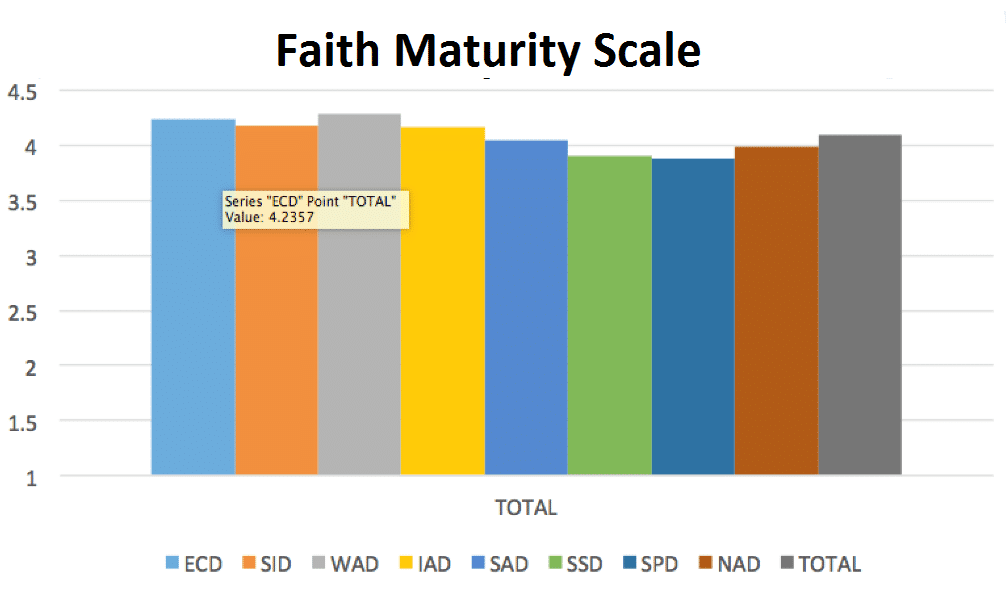…so that Christ may dwell in your hearts through faith. And I pray that you, being rooted and established in love, may have power, together with all the Lord’s holy people, to grasp how wide and long and high and deep is the love of Christ, and to know this love that surpasses knowledge—that you may be filled to the measure of all the fullness of God.
– Ephesians 3:17-19 (NIV)
Have you ever met someone who is really passionate about climbing mountains? If you have, then you’ll know that they are always excited to conquer the next peak, seek the next thrill, and take on the next challenge. They don’t simply climb one mountain and say, “Well, that’s enough. I’m done. I’ve climbed enough and now I am content.”
This analogy can be easily applied to our spiritual lives. Those of us who profess to be followers of Christ cannot stop along the path of our spiritual growth and say, “I know Jesus ‘well enough.’ I have no need of further growth.” A relationship with Jesus is a never-ending commitment, and growth is part of that relationship.
Our last two blogs (found here and here) have examined twelve different aspects of spiritual maturity, measured on a Faith Maturity Scale. These elements were examined as part of a 2013 survey of church members, conducted under the direction of the General Conference Office of Archives, Statistics, and Research.
According to Dr. Roger Dudley, faith maturity is not simply a set of beliefs. Instead, it is a way of life: a set of priorities, dispositions, and behaviors that exemplify that one’s faith is deep, vibrant, and life-changing. According to Dudley, a person who is mature in their faith exemplifies eight core dimensions of faith that fall into two basic categories: traits that demonstrate their relationship with a loving God, and traits that are manifested through a constant devotion to others.
Dudley defines these eight dimensions as follows:
1. Trusts in God’s saving grace and believes firmly in the humanity and divinity of Jesus
2. Experiences a sense of personal well-being, security, and peace
3. Integrates faith and life, seeing work, family, social relationships, and
political choices as part of one’s religious life
4. Seeks spiritual growth through study, reflection, prayer, and discussion with others
5. Seeks to be part of a community of believers in which people give witness to their faith and support and nourish one another
6. Holds life-affirming values, including commitment to racial and gender equality
7. Advocates social and global change to bring about greater social justice
8. Serves humanity, consistently and passionately, through acts of love and justice
Our last two blogs have examined how members of the SDA church worldwide responded to twelve questions based on these themes of spiritual maturity; their responses were on a scale from 1 to 5, with 1 being “never” and 5 “often”. When we examine member responses by division, we see that members in the WAD rated themselves as the most likely to engage in those behaviors (average answer of 4.28); members in the ECD were close behind, with an average answer of 4.24. Members in the SPD (average of 3.88) and SSD (average of 3.91) rated themselves as the least likely divisions to engage in those behaviors. Overall, Adventists have a good score on Faith Maturity. However, our faith should never be static, there is a need for continuous growth.

In what areas do you feel that you, yourself, are mature in your faith? In what areas do you need to grow? A relationship with Jesus is a life-long commitment – one that requires a constant desire to become closer to – and more like – Him.
Created in collaboration with the Institute of Church Ministry.

